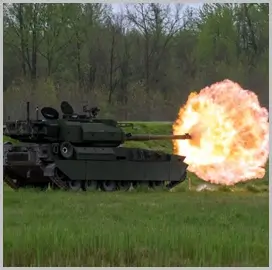BAE Systems has been awarded multiple contracts, with a total value of $9 million, from the U.S. Army for the Advanced Teaming Demonstration (A-Team) program, the company reported on Tuesday. BAE Systems will develop advanced technologies to support the service branch’s program.
The contracts include awards for the Human Machine Interface, Platform Resource Capability Management and Situational Awareness Management elements of the program.
“Our mature autonomy technology, which is the basis of our offering for the A-Team program, will greatly increase the warfighter’s ability to have a complete view of the battlespace and streamline decision making,” said Chris Eisenbies, product line director of the Autonomy, Control, and Estimation group at BAE Systems’ FAST Labs
Under the contracts, BAE Systems will support the advancement of manned and unmanned teaming (MUM-T) capabilities that are expected to be critical components in the U.S. Army’s Future Vertical Lift (FVL) program.
In order to combat the evolving battlespace presented by near-peer adversaries, the U.S. Army developed the A-Team program to create an automated system to offload the cognitive burden of pilots while enabling them to command swarms of unmanned aircraft.
“Future conflicts will include manned and unmanned teaming and increased automation in highly contested environments, helping to enable mission success,” added Eisenbies.
BAE Systems will deliver an automated system to provide situational awareness, information processing, resource management and decision making that is beyond human capabilities, which will support unmanned aircraft that will be controlled by pilots in real time.
The company’s FAST Labs research and development team and Command, Control, Communications, Computers, Intelligence, Surveillance, and Reconnaissance (C4ISR) Systems business area will leverage their decades of work pioneering autonomy technologies to provide the critical autonomy technology.
The program will leverage the Future Open Rotorcraft Cockpit Environment Lab to conduct simulation tests and demonstrations with products from different contractors in consideration of transition to the FVL program.




